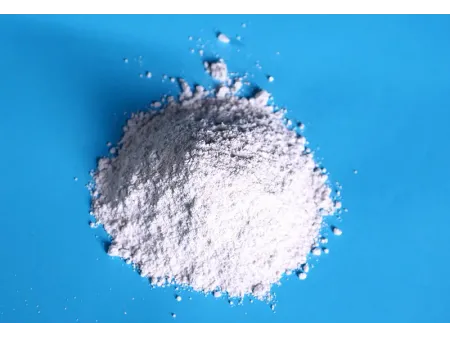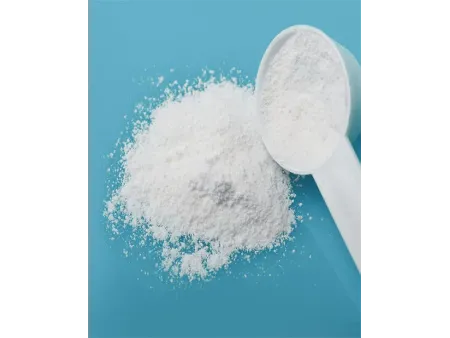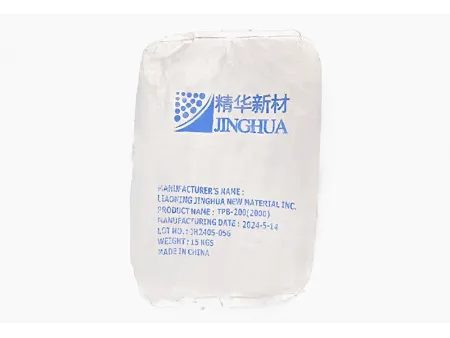Food Grade Talc
Our food grade talcum powder is an additive commonly used in the food industry and in materials that come into direct contact with food. It’s non-toxic, odorless, and has a soft, smooth texture, making it safe for use in a variety of food-related applications.
- We are fully licensed for food-grade production and comply with key national standards:
-GB 1886.246-2016 (National Standard for Food Safety in Food Additives)
-GB 4806.7-2016 (National Standard for Food Contact Plastic Materials and Products) - Our talc is a certified food-grade product, offering both safety and performance
- Provides anti-stick properties, ideal for coating applications
- Delivers excellent water-repellent effects
| Model | Appearance | Whiteness | Silicon Content | Powder Fineness | Asbestos |
| | White powder | ≥97 | ≥60 | 1250 mesh | No |
| | White powder | ≥90 | ≥60 | 800 mesh | No |
| Note: The above shows only some of the product parameters. For more information or complete specifications, please contact us | |||||
- Available in 15kg or 25kg per paper bag
Food-grade talcum powder is often used as a processing additive in products like chewing gum and candy to enhance texture, alter shape, or extend shelf life. It is important that the talcum powder complies with strict bacterial and heavy metal content standards. Different countries have varying regulations regarding food safety, so our talc meets the necessary standards for use in food products.
Recommended products:
With its platy structure, food-grade talcum powder (TPB series) is free of harmful substances such as lead, barium, and arsenic. When added to biodegradable plastics, it improves various properties such as tensile strength, rigidity, creep resistance, heat resistance, and surface hardness. Research shows that talc acts as an effective nucleating agent in polylactic acid (PLA), significantly improving its crystallization speed and degree. This leads to enhanced mechanical properties and heat resistance, making talc an ideal additive for PLA, PBAT, PBS, and other biodegradable plastics.
Recommended products:
Talc-filled polypropylene is gaining popularity in the food packaging industry due to its higher rigidity and improved barrier properties, such as reduced oxygen permeability. Talc also enhances extruder output and shortens thermoforming cycles by improving crystallization and heat transfer. These advantages make talc-filled polypropylene highly competitive in food-contact applications, offering great potential in this sector.
Recommended products:




